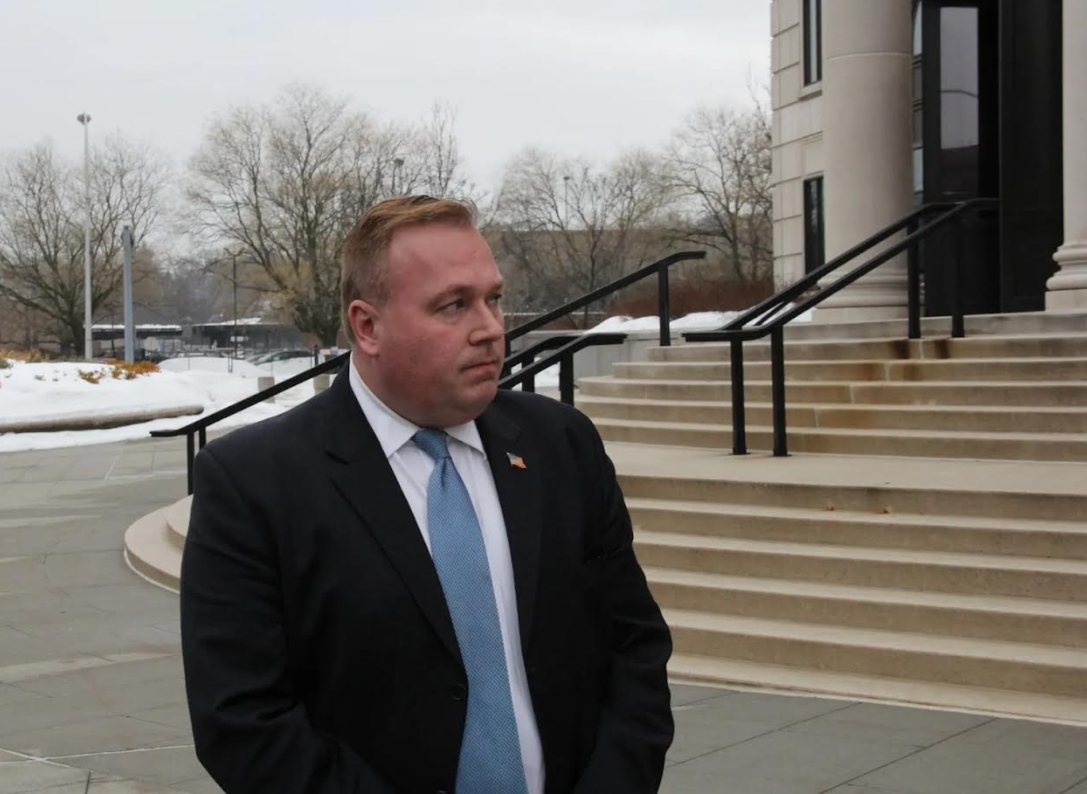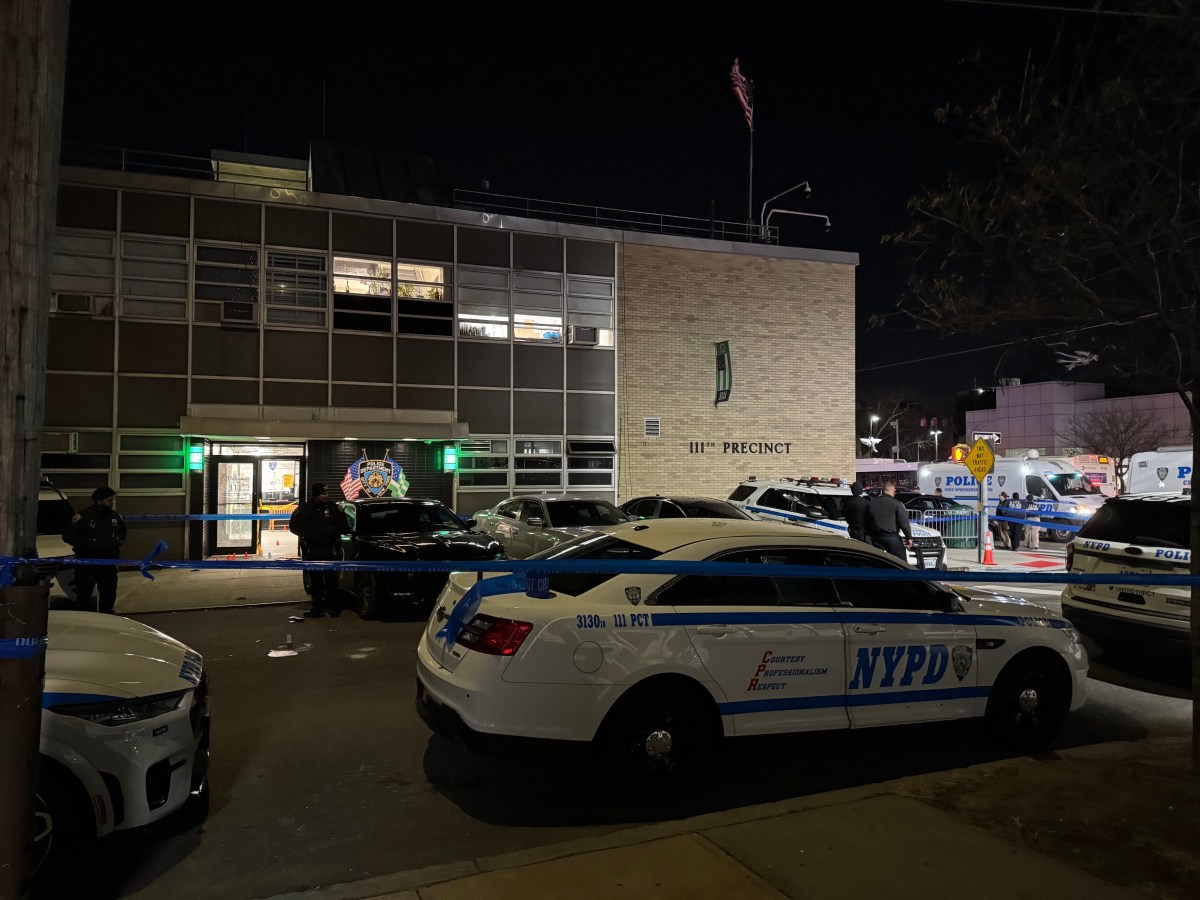By David Woodlock and Amy Dorin
With a federal stimulus package still in limbo, the big question in Albany has been whether Governor Cuomo will make massive cuts to social services and other programs now, or keep waiting for a bailout.
But this is the wrong question. Regardless of what happens in Washington, what we all should be asking is: How can New York make structural changes to the budget to address the fact that social service organizations have been underfunded for years, especially now that demand for the mental health, substance abuse and other services they provide has skyrocketed because of the pandemic?
One answer is clear: The state must find more revenue to adequately fund the organizations that provide these services.
New York’s long-term recovery depends not only on defeating the virus, but on addressing the lasting impact of the trauma so many of us have felt from losing family members, jobs and income. There’s a wealth of evidence that addressing people’s behavioral health needs reduces the risk of debilitating physical health problems. But the challenges we face are enormous. Even at current funding levels, social service organizations are struggling to meet demand.
Nationally, a Kaiser Family Foundation survey in July found that 53% of adults said that their mental health had been negatively impacted by the pandemic – up from 32% in March. A CDC survey found that more than 1 in 3 adults reported symptoms of anxiety or depressive disorder during the pandemic. In 2019, that number was 1 in 10.
Economic strain, of course, plays a huge role in mental health. In New York, it is estimated that more than 1.2 million people will enroll in Medicaid because of the pandemic. In April, 68,000 New York City residents applied for Supplemental Nutrition benefits, the biggest one-month surge in applications since the food stamp program began in 1939. Unemployment in the five boroughs has been as high as 20%, and is now 21% in the Bronx.
Meanwhile, the non-profits on the front lines of addressing the suffering caused by the pandemic are themselves hurting. A survey by the Coalition for Behavioral Health found that its members lost an average of $521,000 in revenue between March and June, even as demand for their services soared by 77%. More than one in four members reported that demand exceeded their capacity.
As the epicenter of the pandemic, New York will be dealing with the economic and social impacts of COVID-19 for years to come. The budget crisis we’re facing will be compounded by a looming mental health crisis. Albany needs to make structural changes to ensure that social service agencies New Yorkers will rely on in the coming years have a consistent and adequate source of funding. This has to happen if the state is serious about reducing health care costs in the long run – regardless of how generous a federal bailout is.
David Woodlock is the President and CEO of the Institute for Community Living. He is a former Deputy Commissioner at the New York State Office of Mental Health. Amy Dorin is the President & CEO of the Coalition for Behavioral Health.



































